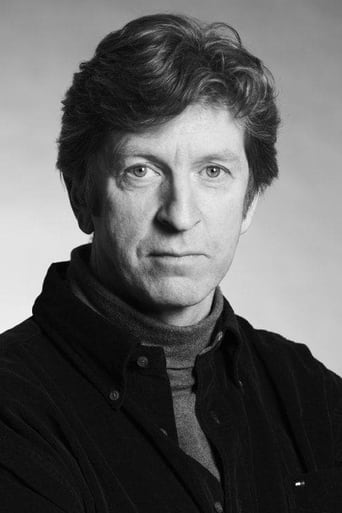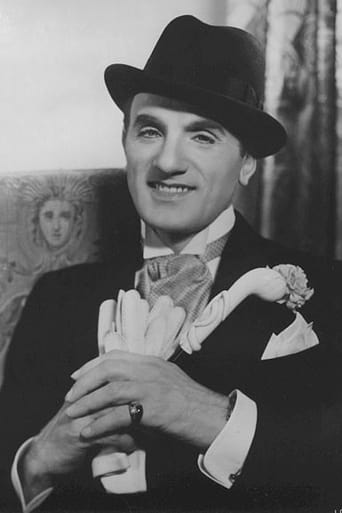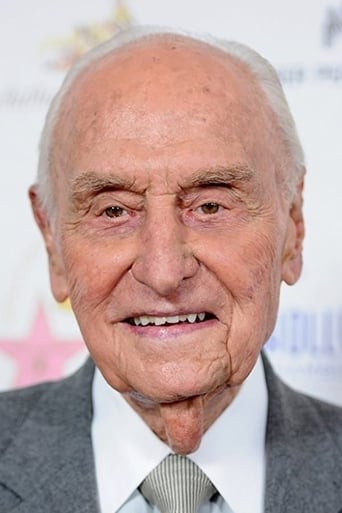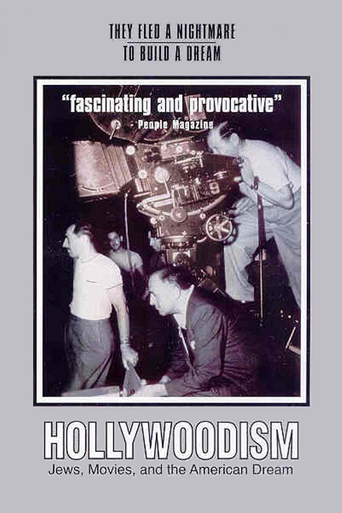
Hollywoodism: Jews, Movies and the American Dream
March. 22,1998This film discusses the effect on how major American films in Hollywood were influenced by the Eastern European Jewish culture that most of the major movie moguls who controlled the studios shared. Through clips of various films, the filmmakers illustrate the dominant themes like that of the outsider, the outspoken American patriotism, and rooting for the underdog in society.
Similar titles
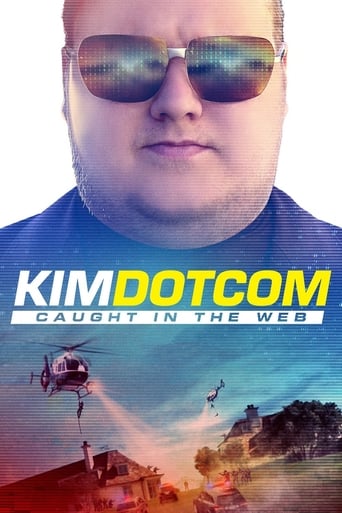
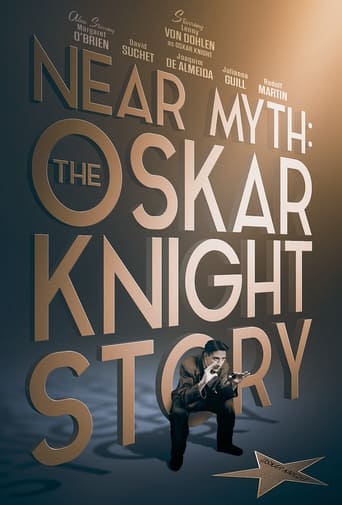
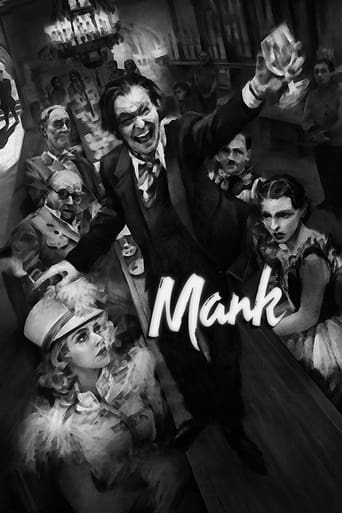
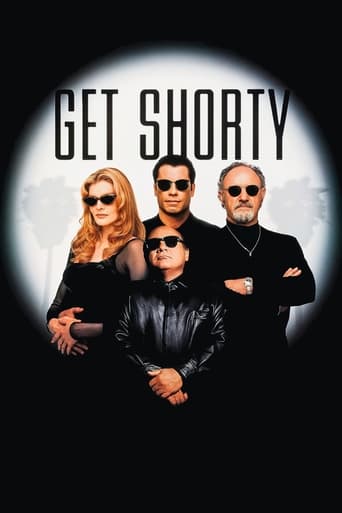
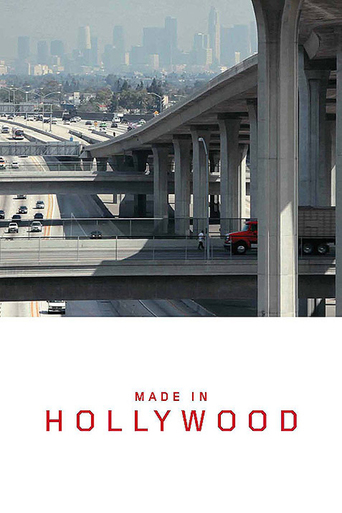
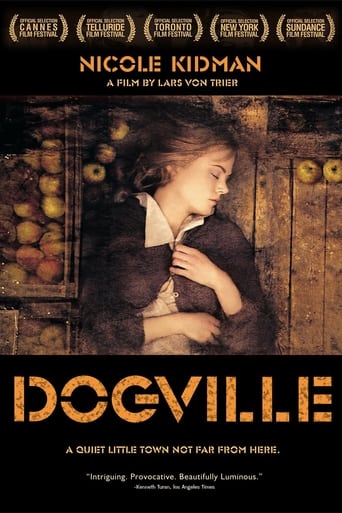

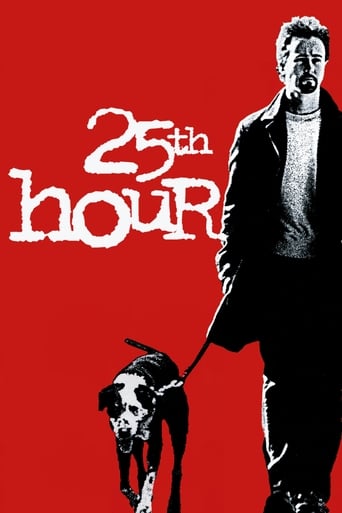

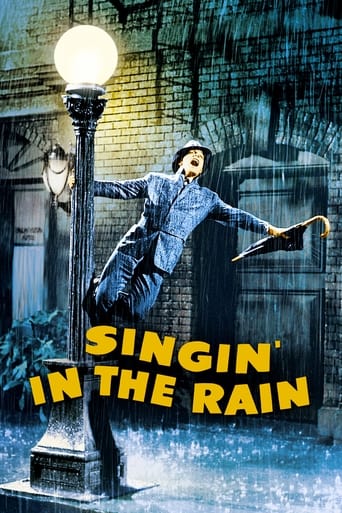
Reviews
the audience applauded
At first rather annoying in its heavy emphasis on reenactments, this movie ultimately proves fascinating, simply because the complicated, highly dramatic tale it tells still almost defies belief.
While it is a pity that the story wasn't told with more visual finesse, this is trivial compared to our real-world problems. It takes a good movie to put that into perspective.
It’s sentimental, ridiculously long and only occasionally funny
Simcha Jacobovici's film demonstrates how cinema or television can encapsulate the ideas presented in a book and bring them to a wider audience than they might otherwise have garnered.The book in this instance is Neal Gabler's "An Empire of Their Own: How the Jews Invented Hollywood" (1989)I would probably never have heard about it if not for Jacobovici's enthralling documentary.But is it true?Did the Jewish, European immigrants to the USA create the Western? OK. They may have been the first to depict the plight of their grandparents being attacked by Cossacks in Russian stedtels as indigenous Americans (Indians) attacking the wagon trains of westward bound settlers. But did such scenes occur in the penny dreadful western novels that preceded the invention of cinema?Was the whole McCarthyist persecution of "communists" in 1950's USA a local variation of the European pogroms?They are fascinating questions that stay with the viewer, but like Ruben, Chaim Potock's hero in his novel, "The Gift", I like the questions raised by the film, but am not so sure I am satisfied with the answers.But the film is certainly deeply affecting and a rich source of images of the plight of "the wandering Jew". The familiar cycle of fleeing persecution, finding seeming acceptance in a new country, seeking to assimilate with the citizens of that country, only to be be rejected and suffering new forms of persecution has been told many times in a European context. The conversation between Ruben and his father in Chaim Potok's precursor novel "The Chosen" about how such things come about is one of the high points of the book. (I don't recall it making it into the astoundingly good film version of "The Chosen").It certainly explains the potency of the line used by the character played by Paul Giamatti in "Barney's Version", to the effect that contributions to the various Zionist Israel Land Funds, were best considered as an "insurance policy" for American Jews.The depiction of Jews who created the Hollywood film industry marrying gentile wives and sending the children to catholic schools, only to find they could not break down the barriers erected by gentiles is sobering. What was it that Alex Portnoy's dad told him in Philip Roth's, "Portnoy's Complaint", that upset him most when he was called a "dirty Jew" by his first, would- be 'conquest'? "They'll always use the Jewish thing against you, when they can't find another way to beat you"Mind you, I am glad the whole Hollywood studio system depicted in the film broke down. The ideas the "golden years of Hollywood" propagated about the experience of "living in the USA" was horribly distorted. It took the profits that "Easy Rider" and other ground breaking films of the nineteen seventies generated to allow film to "come out" from the the moral, intellectual and spiritual bankruptcy of the MGM Musical view of living in the USA. It took Jewish minstrels (secular cantors) such as Bob Dylan and Bruce Springstien to depict a more honest view of twentieth century existence in America. Their general acceptance of life as it is (and could be) paved the way for the truly great American films of David Fincher, Quinton Tarantino and so many others who made the "fin de twentieth century" masterpieces for the Hollywood studios.The IMDb entry for Neal Gabler notes that he is a Liberal commentator, and one of the few on- air personalities at the Fox News Channel to acknowledge the alleged pro-Republican bias of the network. It does not mention that he was 'moved on" to the PBS network. Could it be that the Fox executives still cling to the distorted world views of their founder?
This documentary goes by two names--"Hollywoodism: Jews, Movies and the American Dream" as well as "Hollywood: An Empire of Their Own". The Netflix title is the latter one--and was billed as a documentary about the Jewish moguls responsible for creating the Hollywood film industry. The former title, however, has MUCH more to do with the film, as it's less a history and more a thesis about the loss of Jewishness of these moguls and the substitution of a Judeo-Christian form of Americanism into the American consciousness. So, instead of a documentary about film history, it's more a discussion of this lack of Jewishness among these men...and it's much, much more intellectual and far less entertaining. Often, I felt like the film was talking above the viewer and also, at times, used the selective use of the facts--ignoring those that did not support their ideas and touting those that did. A few examples: Talking as if these Jewish men had positive feelings towards Black Americans. While they cited a few examples of positive roles in films, they ignored horrible examples of racism like the popularity of Steppin Fetchit and Willie Best's films.Saying that the monster films of the 30s and 40s were metaphors for the Jewish experience. Huh?! While some COULD possibly interpret them that way, I am pretty sure that was not the films' intention.Discussing how these moguls were pretty quiet about the Holocaust (which is true) but ignoring that these same moguls chose to break US laws about neutrality when they portrayed the Nazi regime as evil in films made just before the US entered WWII (yes, in a big departure from free speech, there really was such a law).Blaming the moguls' performance at the House Committee on Unamerican Activities was why these men soon lost control of the studios. Many lost control because they died...not because of the HUAC and some others lingered (such as Jack Warner) for decades after these hearings.All in all, I felt I was less seeing a film about Hollywood and more watching a film that was meant to prove some vague concept...a very vague one. Overall, a disappointment.
Top Streaming Movies













